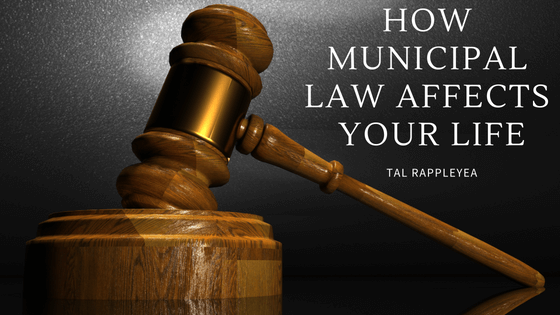Municipal law is the law regulated in a particular city or county, also known as a municipality. The area has a government body made within their municipality. This gives residents the opportunity to have control over the municipal law. There are many different situations and legal issues that can be brought to a municipal law attorney. It is wise to hire an attorney that is familiar with the laws specific to your area.
Land Use:
The governing body has the power to tell people the location and the type of house or business you will be granted. Zoning laws give the government the ability to set out a plan for development in the community. With some businesses, the government doesn’t have the authority to ban, but they can make it difficult to open one. It can set specific guidelines and zoning laws to prevent them from being built.
Taxes:
These local governments are compensated by the revenues from property taxes. Homeowners and businesses pay these taxes in the community. The property tax rates can be high, especially since the decline in the real estate market, creating a lack of cash flow since values declined. Many people appealed and sought out lower property tax payments.
Building Codes:
Building inspectors receive their revenue from the property taxes paid by the residents. They are meant to provide consumer safety and has the power to issue citations for any building codes that may be violated. They can even halt the work entirely if the company is violating a code. There are a large amount of regulations set on residential and commercial building. Attorneys are turned to, to navigate the building codes.
Sunshine Law:
With the government being made up of residents, there is a more transparent process. Residents can search through any documents from officials and speak during council meetings. The local government is subjected to the freedom of information act and open meetings acts. Since the government has this transparency, they are often called sunshine laws. As an attorney, this can be a great tool to utilize when retrieving documents from the local government before a litigation trial. This gives some of the power back into the hands of the citizens.
